Crema Origins: Guatemala Coban Finca Santa Isabel
- 10 Oct 2017
The Guatemala Coban Finca Santa Isabel Single Origin Coffee Brews Perfectly As An Espresso, Black Coffee, Pour Over or Chemex!
THE COFFEE BEANS
Coffee beans grown on Guatemala’s Finca Santa Isabel farm include arabica varietals like Bourbon, Catuai and Caturra. The beans are grown at altitudes of 1400-1600m above sea level and are processed using a fully washed process.
Bourbon is a parent to a variety of Arabica varieties, named after Bourbon Island (now known as Reunion Island) where it is derived from. It’s a short tree with many secondary branches and on average produces 25% more coffee than the Typica variety. The Bourbon variety is renowned for its exceptional sweet/acid balance.
Caturra is a mutation of the Bourbon varietal that is short with a thick core, and plenty of secondary branches. It grows well in high altitudes. The higher altitudes produce better quality, but production rate lowers.
Catuai is a cross plant between Mundo Novo and Caturra varietals. It’s another short plant with mainly primary branches, and is a high yielding plant that is suitable for heavy weather environments.
The Guatemala Cobán Finca Santa Isabel is a single origin coffee with a unique flavour profile, perfect for espresso and black coffee. It also performs well in cold drip, Pour Over and Chemex style brewing methods.
Tasting Notes: Medium acidity, full body and an initial hit of rich dark chocolate, with under tones of blueberry and biscuits. Finishes clean with an after taste of chocolate.
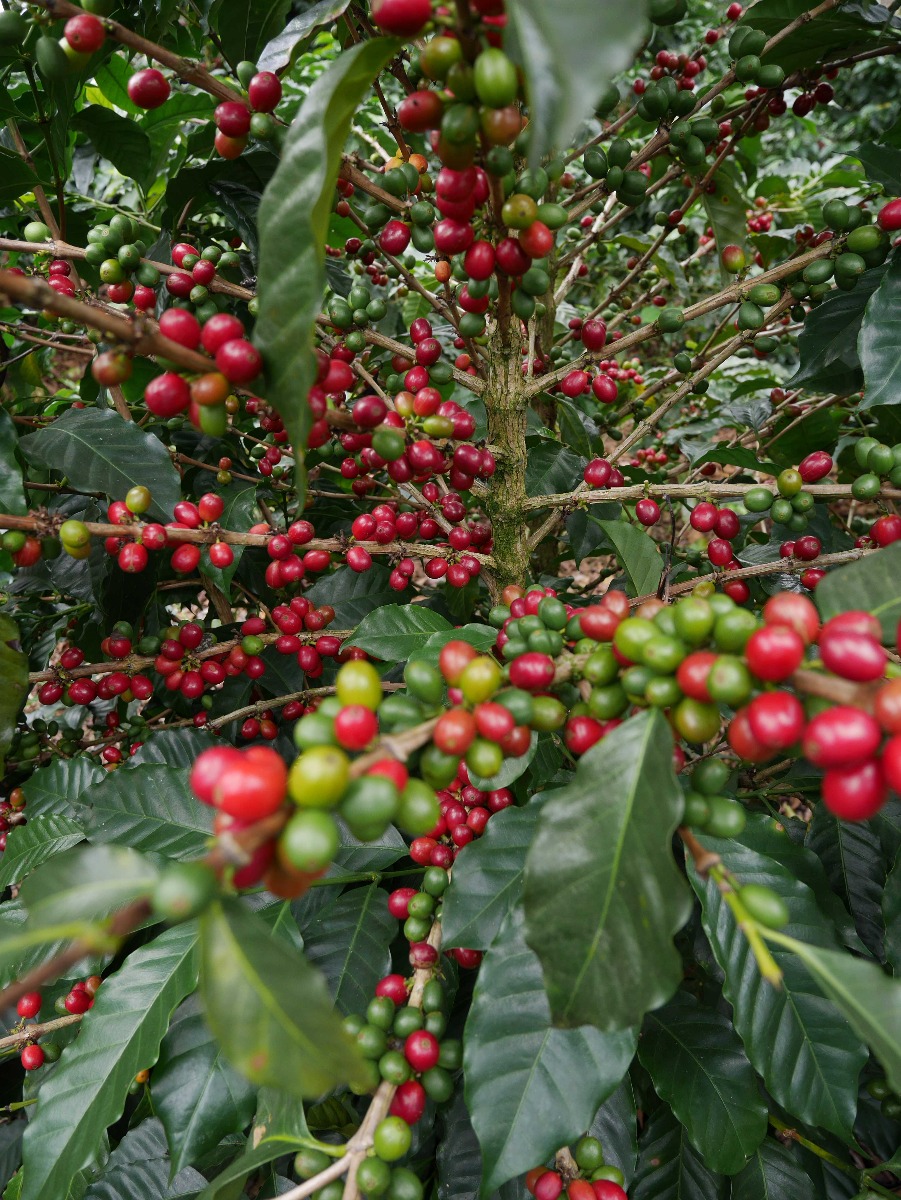
LOCATION
Guatemala is revered as one of the most flavourful and finest coffee producers of the world. It has an unusual topography being made up of 14 distinctly different ecosystems and 33 volcanic mountain peaks.
The Finca Santa Isabel farm is located near the town of San Cristóbal Verapaz – in the Veracruz region of Cobán which is a wonderful area with remarkable mountains, a cool climate with plenty of rainfall, as well as dense rainforest and impressive flora. The highest area of the property is nature reserve, aiming to preserve the unique biodiversity of the region.
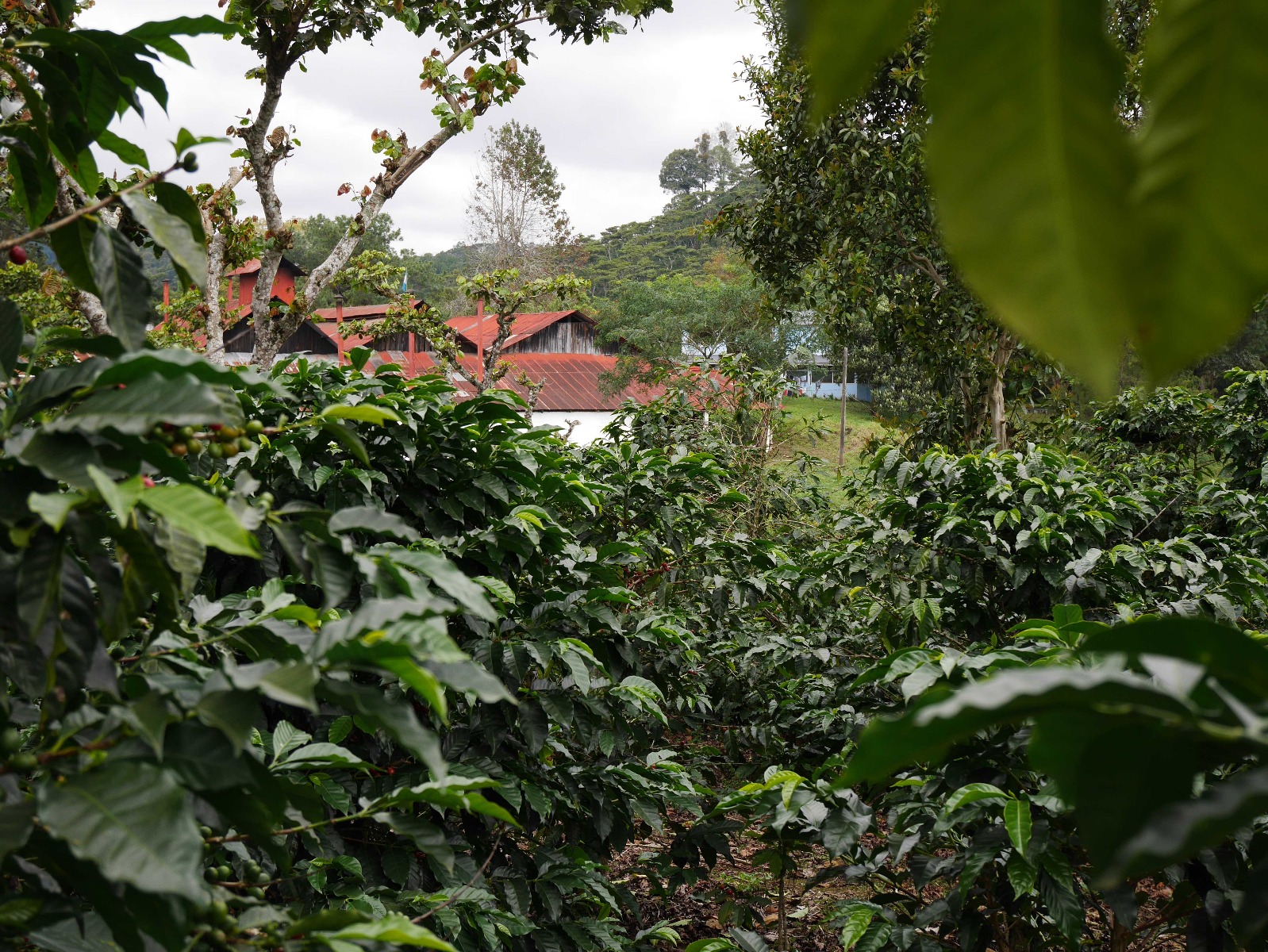
THE COFFEE FARM
Finca Santa Isabel was founded in 1875, when the land was granted to the Valdés family by Guatemala’s President. Today, coffee is produced by the fourth and fifth generations of the Valdés family, owned by Luis Valdés (since 1961) and the day-to-day management is undertaken by his son. With a background in agronomy, the farm is able to use advanced pruning techniques, soil test analyses and apply lombricompost (a waste by-product of wet-processing) to drastically reduce the use of chemical fertilizer and pest controls.
Finca Santa Isabel trains and employees 40 permanent workers all year round and up to 500 seasonal labourers are brought in for the coffee harvest. Santa Isabel has a stable and reliable work force, despite their reputation for being very demanding with regards to selective picking, because the farm pays fairly for labour and a picker at Santa Isabel can harvest up to 160 pounds of cherry a day – plenty of work and good pay means many of the same workers come back year after year!
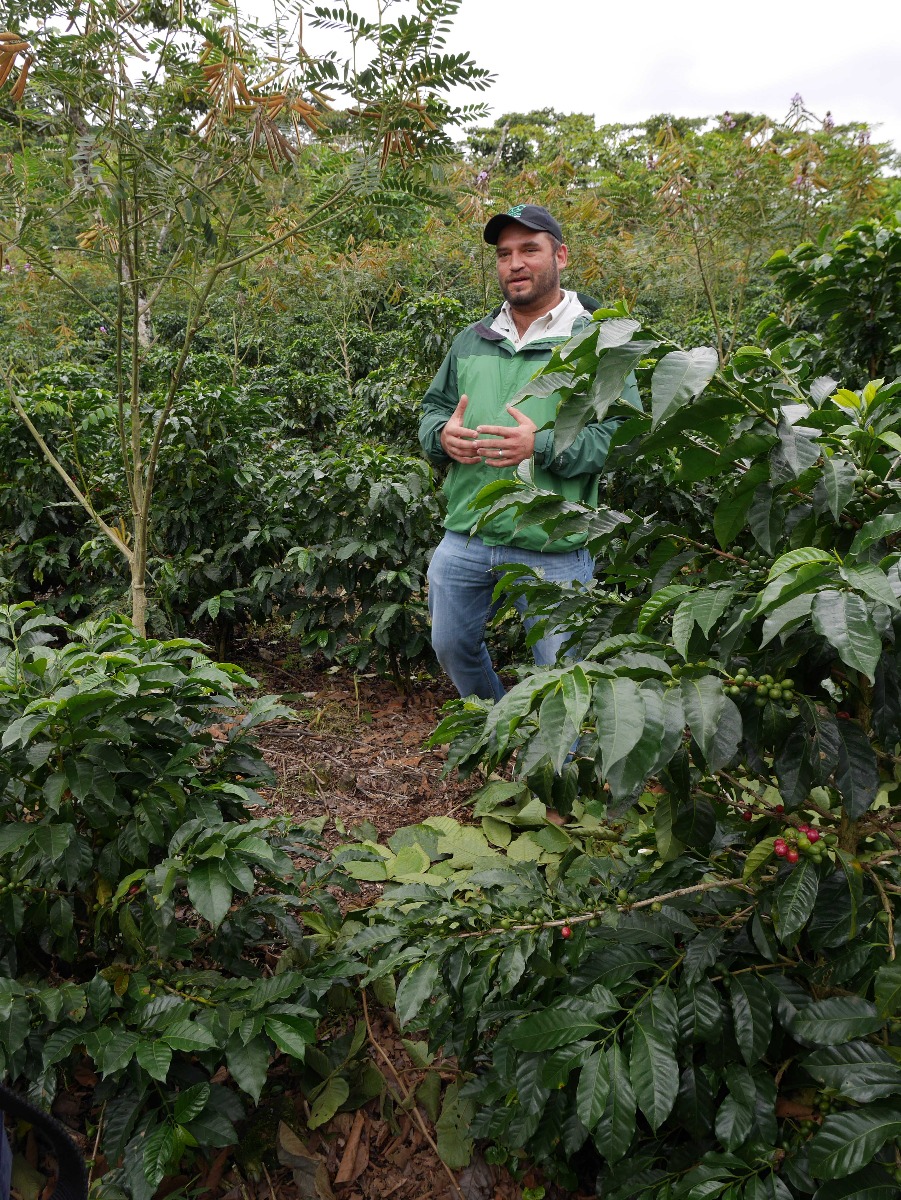
BEAN PROCESSING
The Guatemala Cobán Finca Santa Isabel single origin is processed using a fully-washed process, then partially sundried and finished in the Guardiolas. This is because the annual precipitation is around 3,500mm with regular rainfall between nine and ten months of the year, which means it can be difficult to sun-dry the green beans as required and so the drying process is finished by a machine called the Guardiolas.
The constant rain (mostly a gentle drizzle) also means that flowering is very staggered, with 8-9 flowerings per year. Due to this prolonged flowering season, coffee ripens at different stages, which means that up to 10 passes (with breaks of up to 14 days between passes) are needed to ensure that only the very ripest cherries are selected. For 2015, picking started on the 15th of November and will continue through until the end of March.
Once harvested, the cherries are taken to the farm’s receiving tank where they are mechanically pulped. The beans are then fermented for up to 48 hours at a constant temperature, then washed and soaked in clean water for a further 24 hours to remove any traces of mucilage. Once they are ready to dry, the green beans are placed on the patios for a day before being moved to the green house for approximately 15-30 days (or until 30% moisture is achieved). Most of the coffee finishes drying in the Guardiolas using a strictly controlled drying schedule. The green beans are rotated in the mechanical dryer at maximum temperature of 40°C and is rested between dryings to stabilise the humidity. Once the parchment reaches 15% moisture, it is rested for 21 days in a warehouse before being delivered to the dry mill for milling.
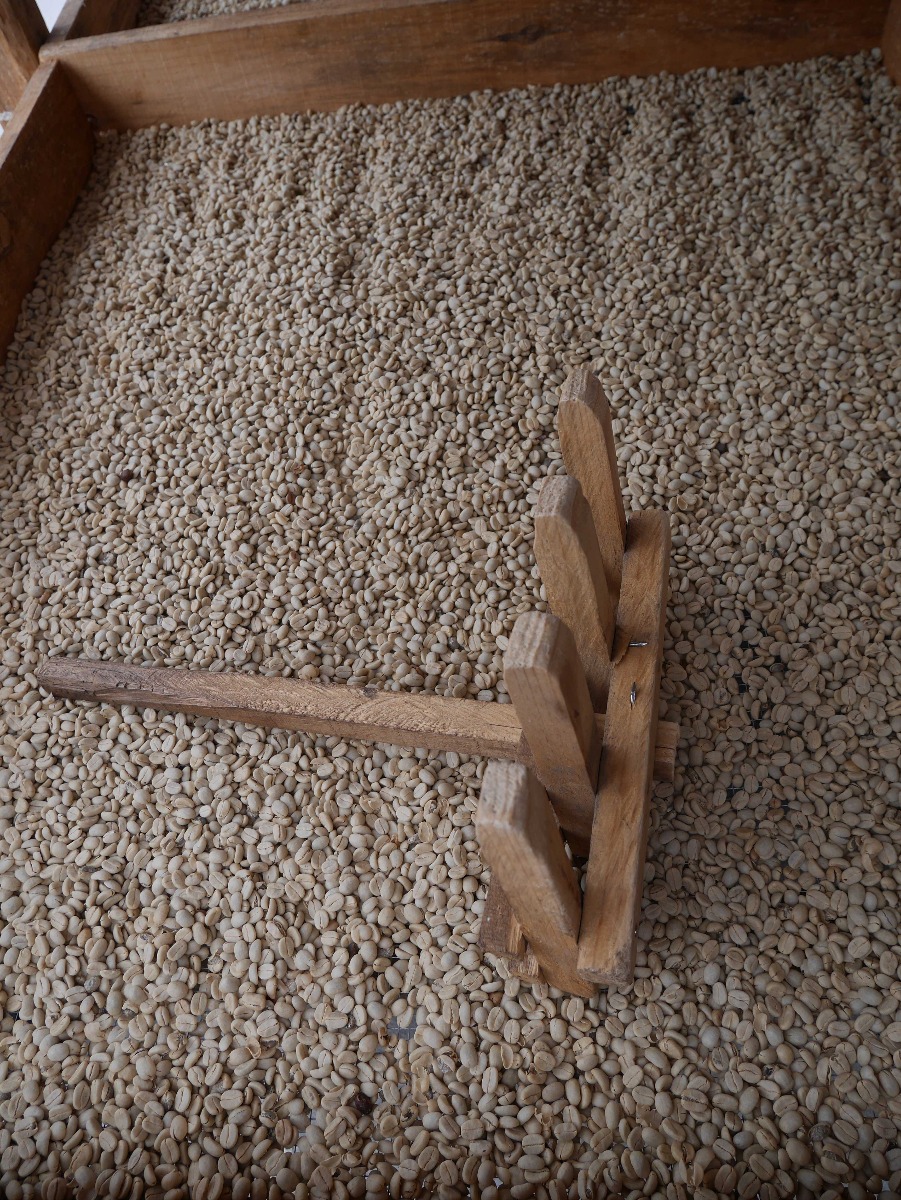
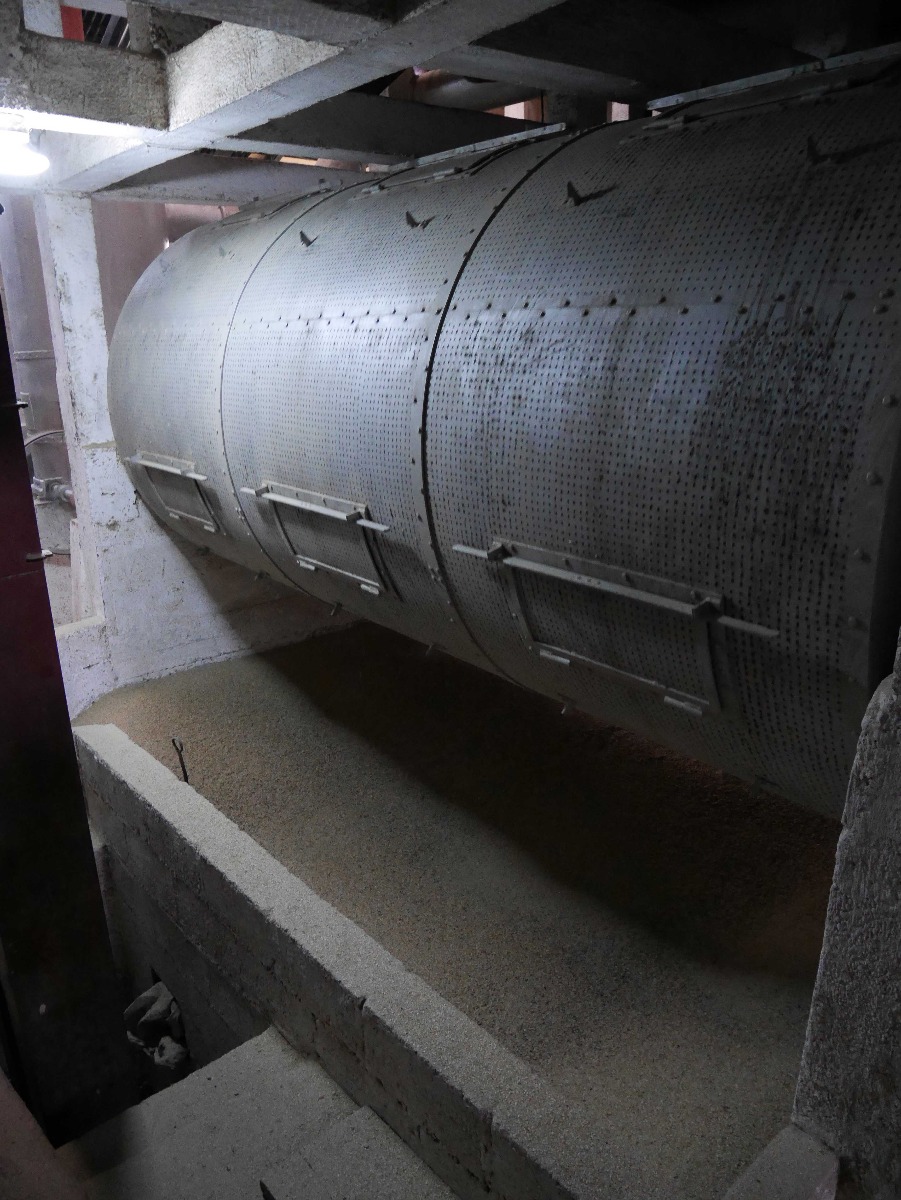
Images sourced from:
https://www.coffeehunter.com/the-coffee/finca-santa-isabel-coban-1415-7/



